The Department of Industry has also been implicated in the unlawful service extension of Ncell Axiata Limited in Nepal. In compliance with Nepal's Company Act 2063, Ncell was founded with foreign investment to engage in the telecommunications sector. Although it has gained approval from the Department of Industry to operate GSM cellular mobile operations, it has been expanding its services beyond GSM. Even the Department of Industry has remained silent on the extension of services for which it has not obtained authorization.
Ncell Axiata Limited (Ncell) is a for-profit company established under the Company Act 2063 as a company limited by foreign investment to carry out work related to telecommunications. Ncell has only obtained permission for GSM cellular mobile operation from the Department of Industry. There is a legal requirement that you obtain separate permission from the department prior to providing any other services. Ncell, however, has been operating without authorization, offering services including GSM Cellular Mobile ISP (Internet Service Provider), NSP (Network Service Provider), and Data Center Services.
Department's collaboration
Ncell also offers Internet Service Provider and Network Service Provider services. Ncell's actions are in violation of the Technology Transfer Act. Ncell is required by law to get approval to operate the service in compliance with the Foreign Investment and Technology Transfer Act of 2075. According to Advocate Om Prasad Regmi, the fact that Ncell did not obtain approval was noted in a letter dated 2080/03/32 from the Department of Industries. ‘We have requested the director general of the department to immediately stop the service that Ncell is operating without acquiring permission,’ he says. ‘However, no suitable response was received from the department.'
Despite the fact that Ncell was only granted a license for GSM cellular phones, it has been providing more telecommunication services than it has been licensed for. Regmi claims that he has filed complaints with the Department of Industry on various dates requesting appropriate action against Ncell, claiming that the company has failed to comply with the Foreign Investment and Technology Transfer Act 2075. 'Despite the concerns, what action has or will be taken by the Department of Industries against Ncell in this regard?' he wonders. The Department's silence on the case appears to be for Ncell's financial and technical gain.
Supportive Nepal Telecom Authority
Ncell which brought foreign investment into Nepal with the sole purpose of operating GSM services, violated the country's prevailing laws. The Nepal Telecom Authority issued an Internet Service Provider (ISP) license and a Network Service Provider (NSP) license to Ncell. Nepal Telecom issued ISP License No. FL.A. 1-37 and NSP License No. VI.JA.6-21 in 2062 B.S. and 2073 B.S., respectively. Although no license is required to operate data center services, there is a clear provision for companies run by foreign investors to receive the necessary authorization from the Department of Industry.
In this way, the restrictive phrase of Section 15(3) of the Foreign Investment and Technology Transfer Act, "provided that the natter requiring license or permission under the prevailing law for the purpose of registration of an industry or company or tax or any other business shall be governed accordingly," and in accordance with the legal provisions in Section 44 of the same Act, 'a foreign investor shall comply with the terms as prescribed, in addition to the terms referred to in this Act,' Nepal Telecom Authority has also violated the legal order by misusing its legal obligations and granting license to Ncell to operate more services than the permission obtained. The Telecommunication Act 2053 precisely mentions the functions, duties, and powers of the telecom authority. Section 3(1) of the Act reads," To provide suggestions to the Government of Nepal on the policy, plan, and program to be adopted by the Government of Nepal for the development of the Telecommunications Service." The Nepal Telecommunication Authority has abused its legal obligations by granting Ncell a license to operate more services than the permission obtained from the Industry Department.
Ncell appears to have also breached the legal restrictions outlined in Sections 15 and 44 of Act 2075. In which the Nepal Telecom Authority appears to play a supportive role.
Possibility of misuse of intellectual property and data
Thus, it appears that Ncell is functioning illegally without the approval of the government in compliance with the standards and processes established by the aforementioned Nepalese legislation. The foreign company's Data Service Center also services major banks and financial institutions in Nepal, raising the possibility of future exploitation of such intellectual property and data.
Ncell appears to have authority over the specifics of personal privacy of banks and financial institutions, as well as Nepali residents, as well as all forms of national security information. Furthermore, Ncell provides sensitive services such as internet service providers and network service providers, which will very certainly have a big detrimental impact. This looks like long-term harm to the state and its people.
Ncell has also been involved in a number of tax and revenue evasion cases for quite some time. If the state does not act to control the illicit services provided, the state's financial burden will rise, and illegal activities will be encouraged.






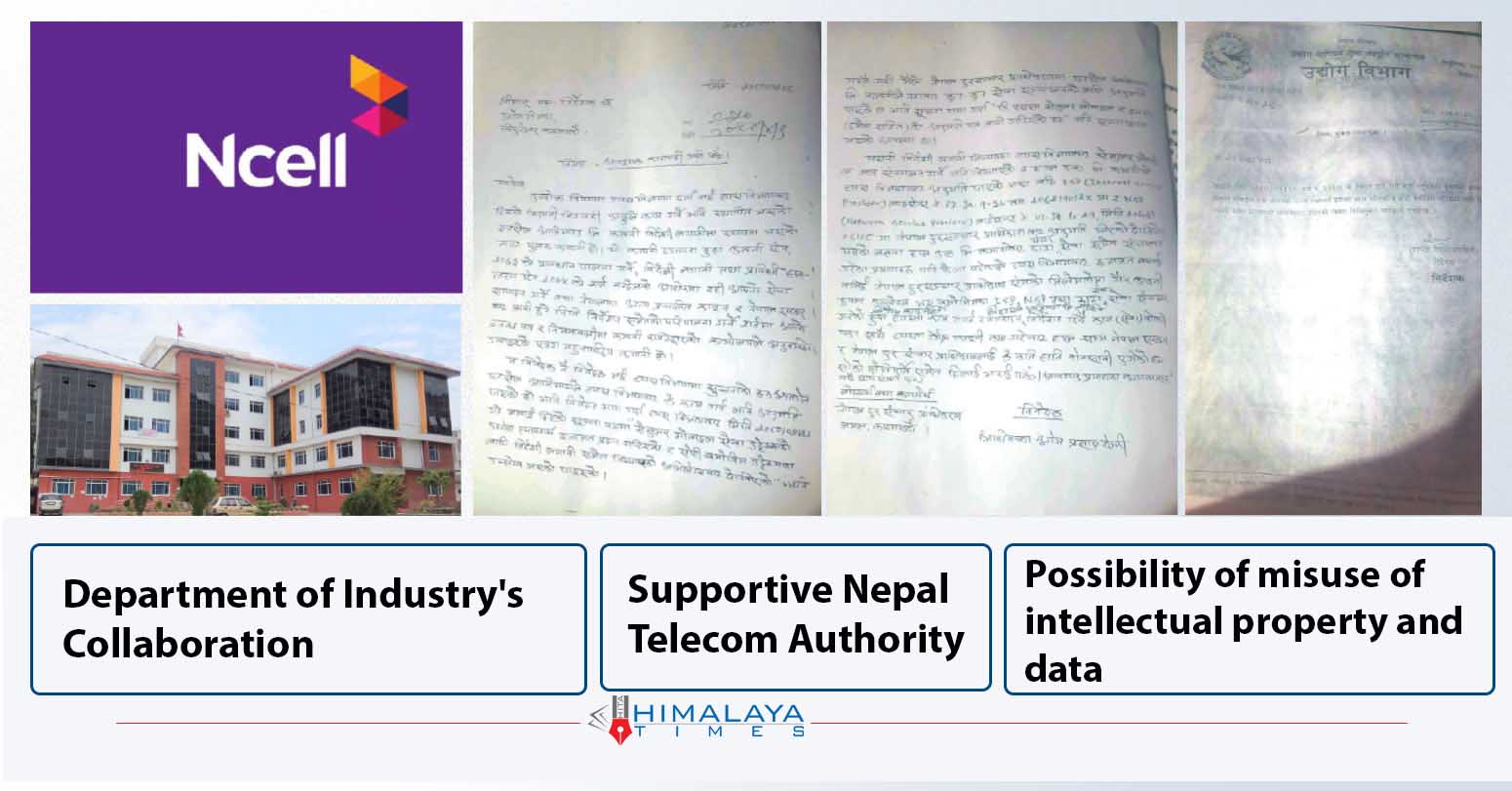
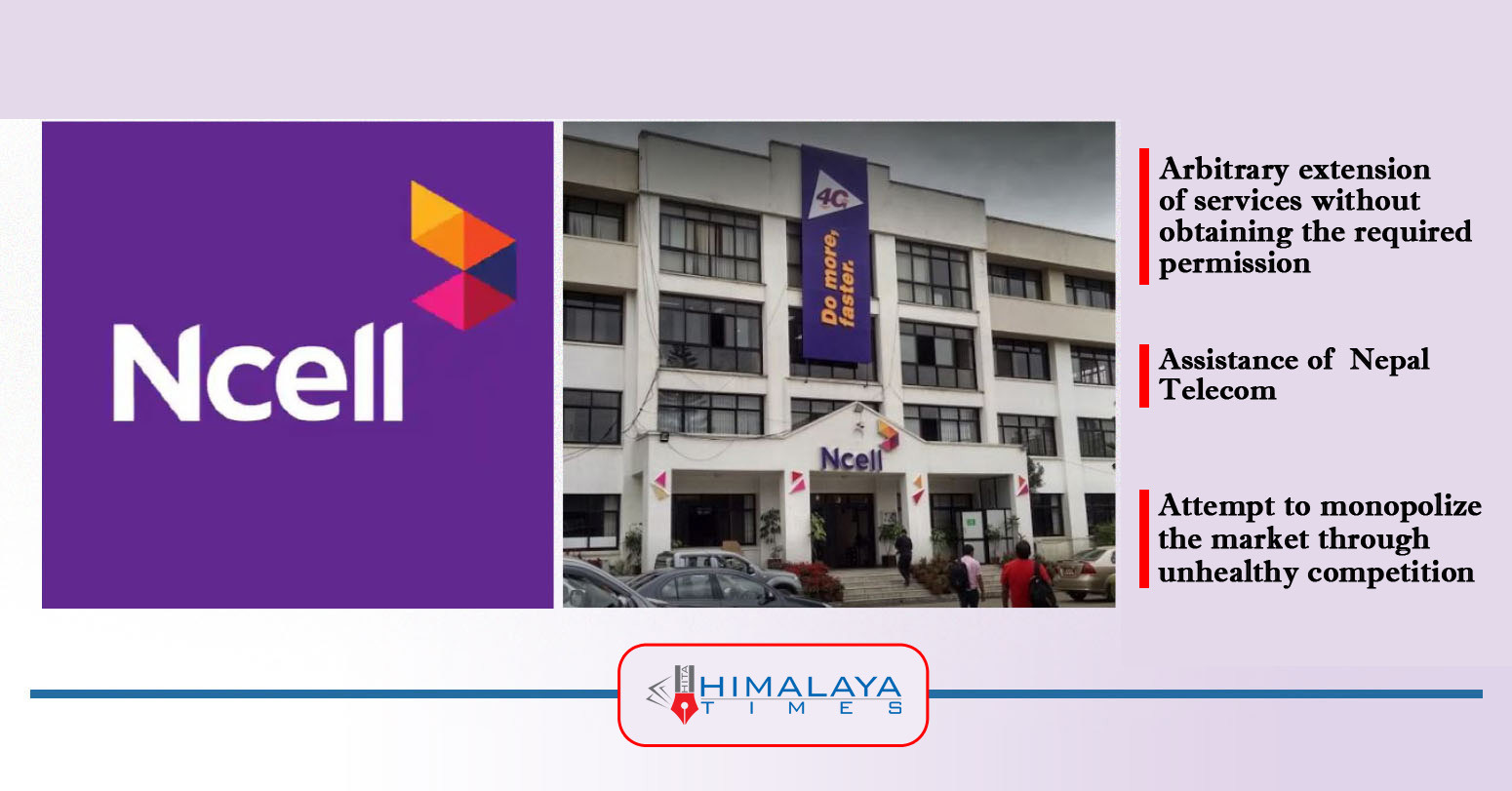
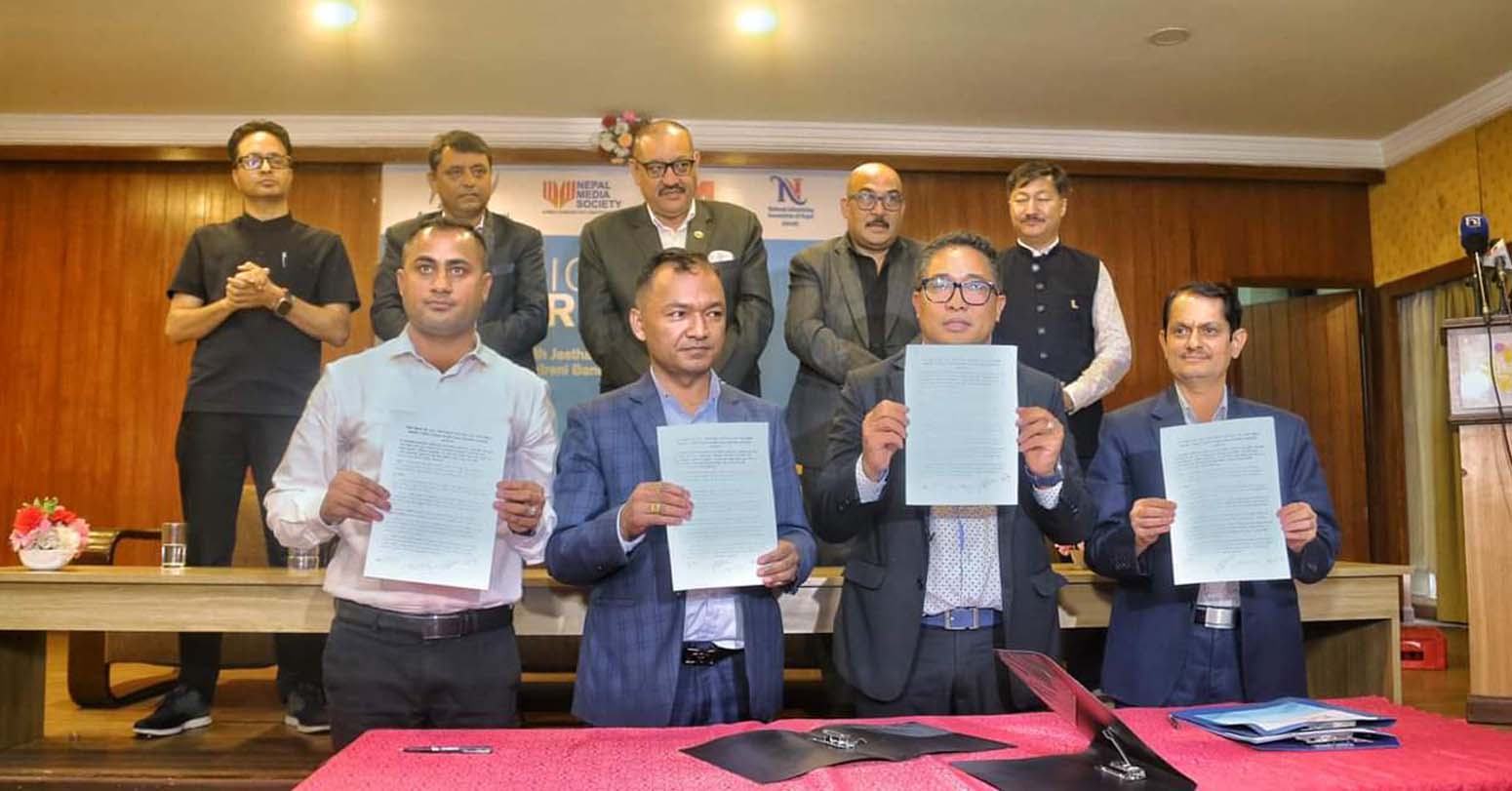

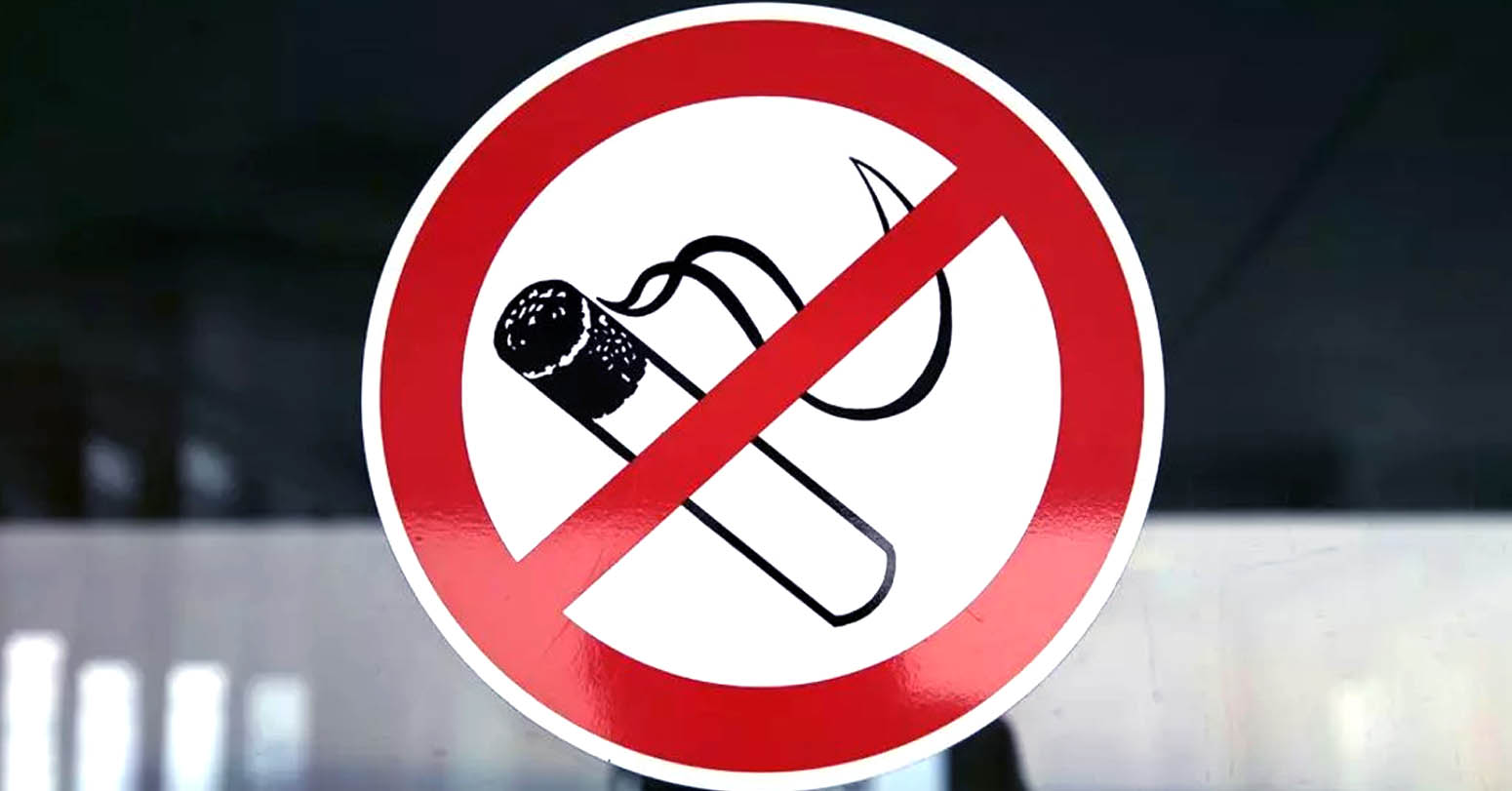
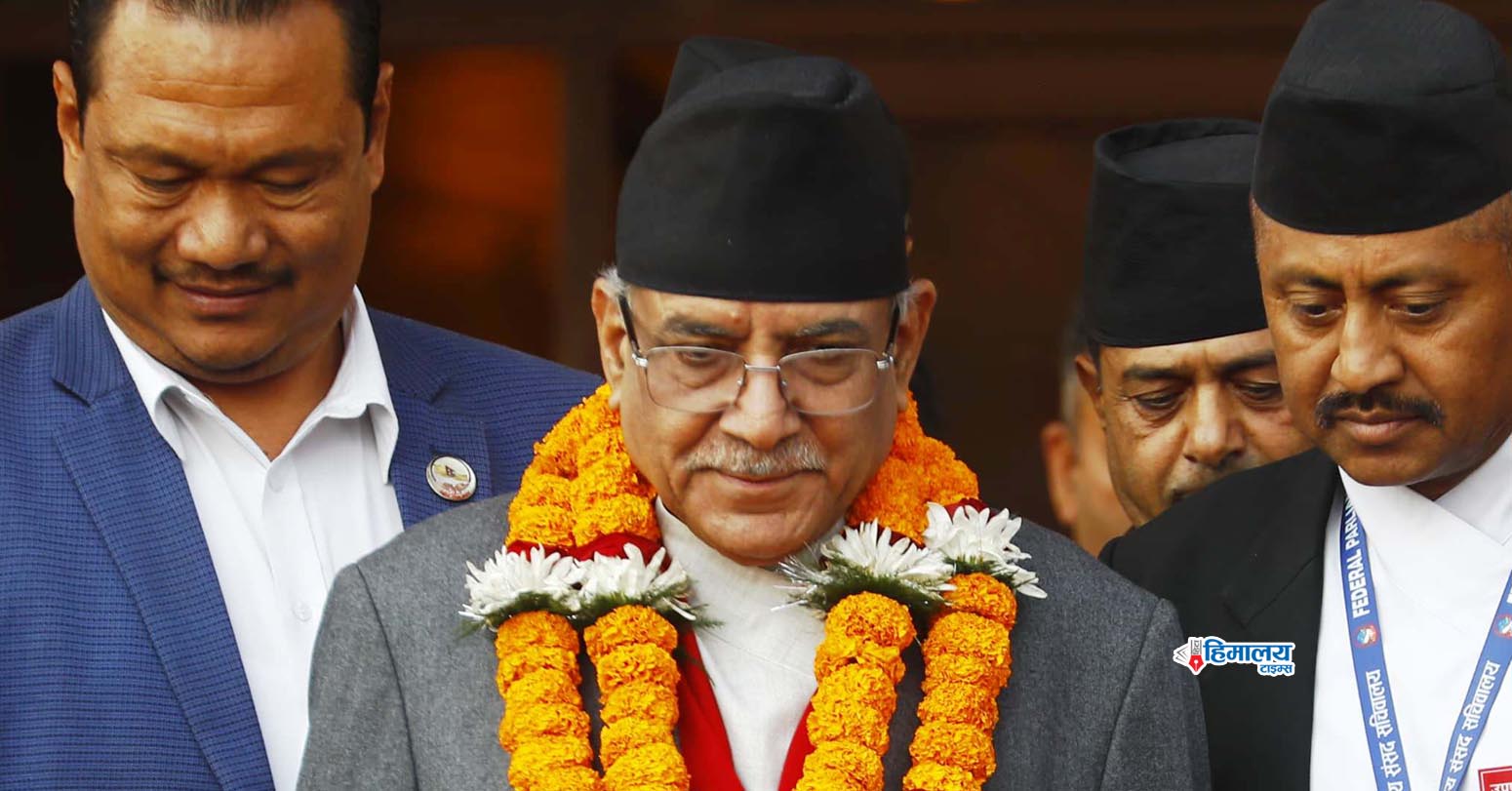

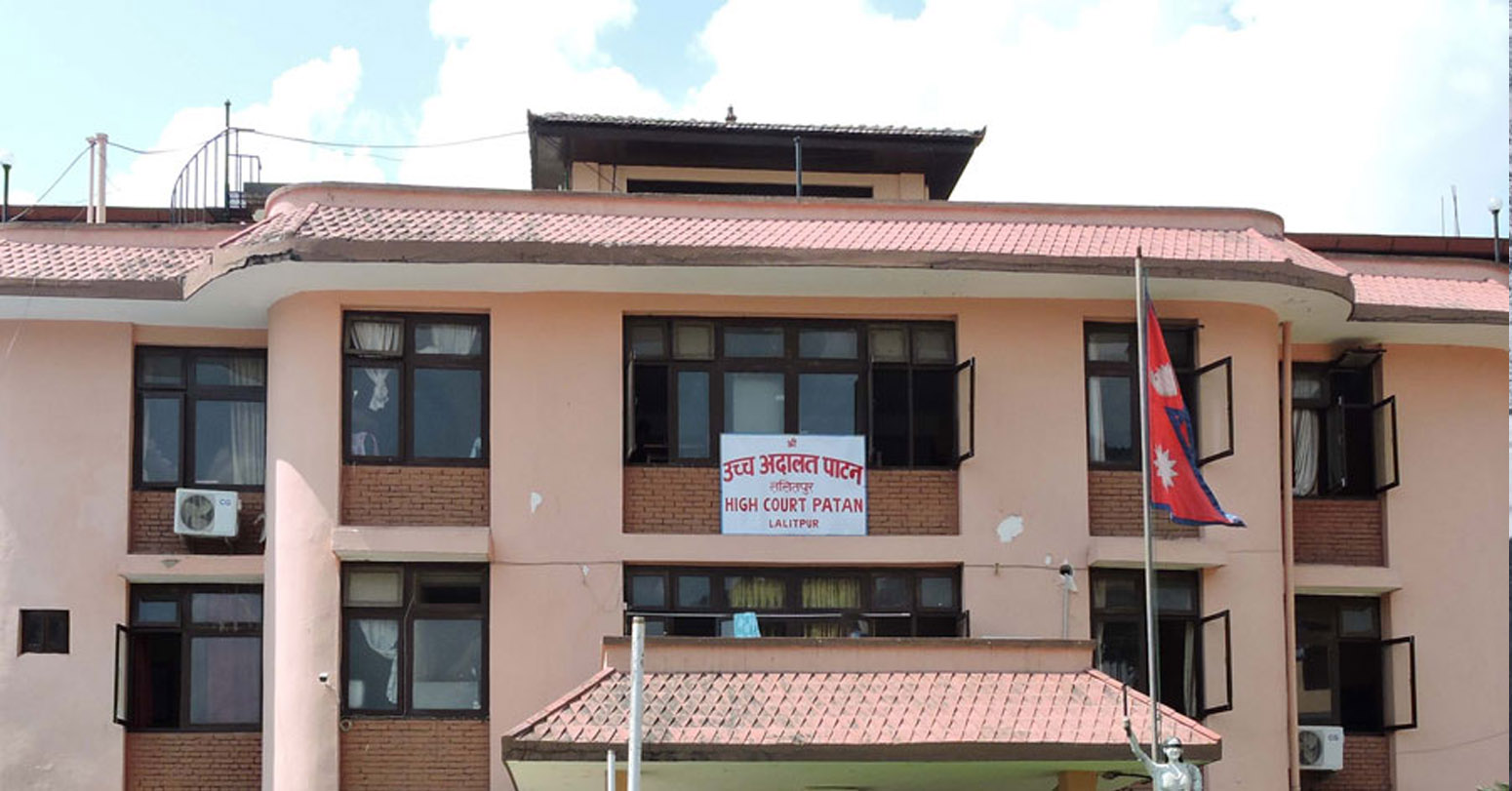

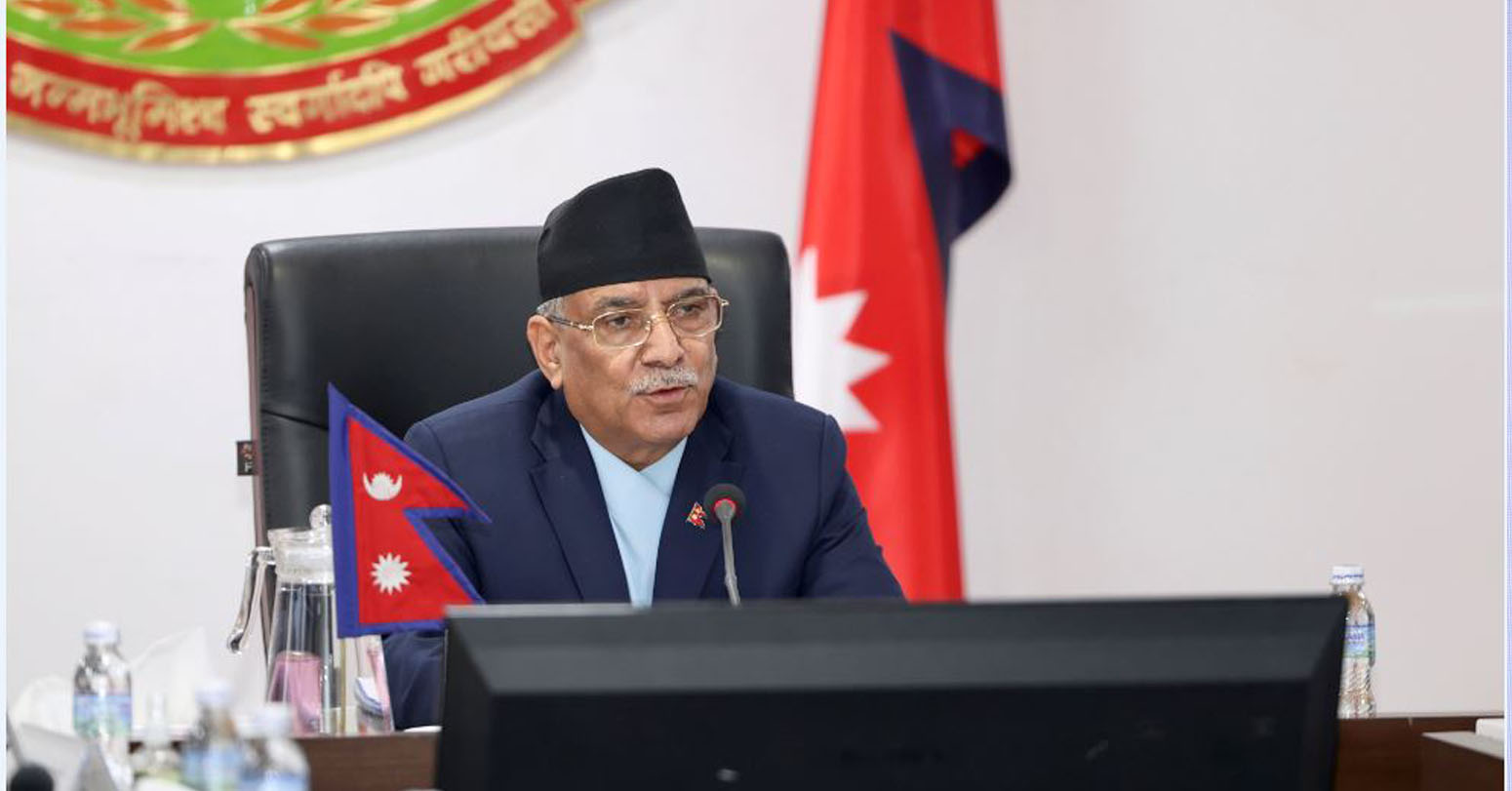

Comprehensive Data Protection Law Critically
Gender Differences In Mental Healthcare
Messi Wins Best FIFA Men’s
Erosion of Democracy
Fly Dubai Catches Fire in
“Complexities of the South Asian